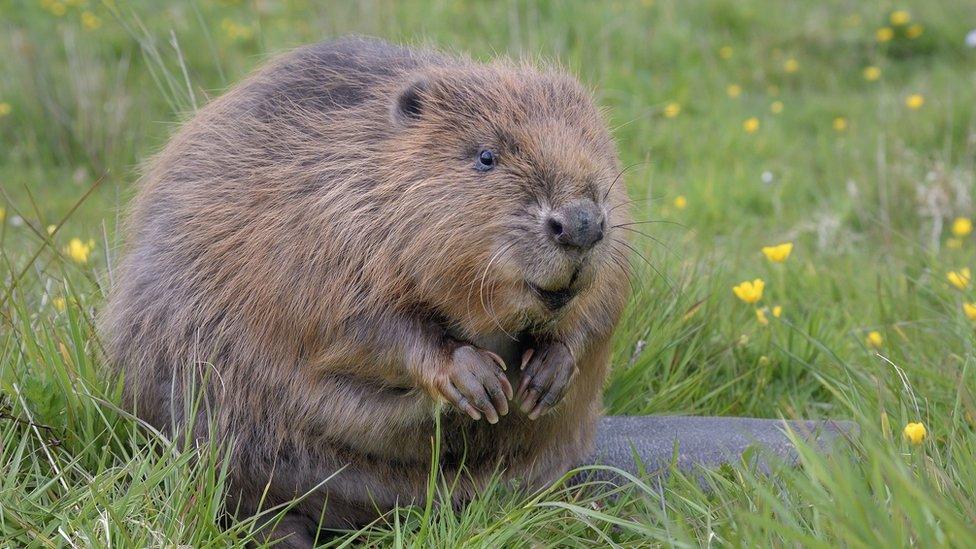Delight as 'Britain's loudest' birds discovered in Derbyshire
- Published
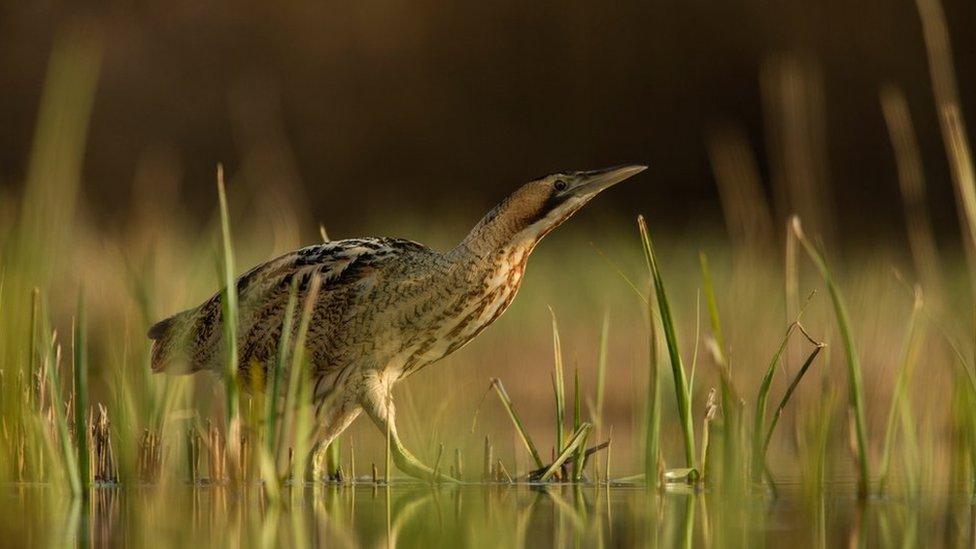
Bitterns became extinct in the UK in the 1870s and almost disappeared again in 1997
A pair of Britain's loudest birds, the bittern, have bred in Derbyshire's wetlands for the first time on record.
Volunteers repeatedly spotted a male and a female bittern flying near a presumed nest site at Willington Wetlands in 2022, an RSPB report said.
The male's distinctive booming "foghorn" call was also recorded.
Derbyshire Wildlife Trust said it was "thrilled" to have the birds return after the species almost disappeared from the UK twice.
It is the first time the bird has been recorded in Derbyshire, according to the trust.
Bitterns, a member of the heron family, are well-camouflaged wetland birds that hide in reed beds, but they were driven to extinction across the UK in the 1870s.
A combination of hunting and draining of their wetland homes for agriculture led to their disappearance.
They returned to Britain in the early 20th Century but numbers were very low when the first annual surveys began in 1990.
In 1997, there were estimated to be just 11 males across the whole of the UK, which put them on the brink of a second national extinction.
They have since made a recovery, with 228 males counted in the UK by the RSPB in 2021.
Derbyshire Wildlife Trust said at its Willington Wetlands site, RSPB volunteers recorded one male bittern booming in 2022.
The best way for conservation scientists to count bitterns is during the breeding season - by listening for the male's booming "foghorn" call, which can be heard three miles (5km) away.
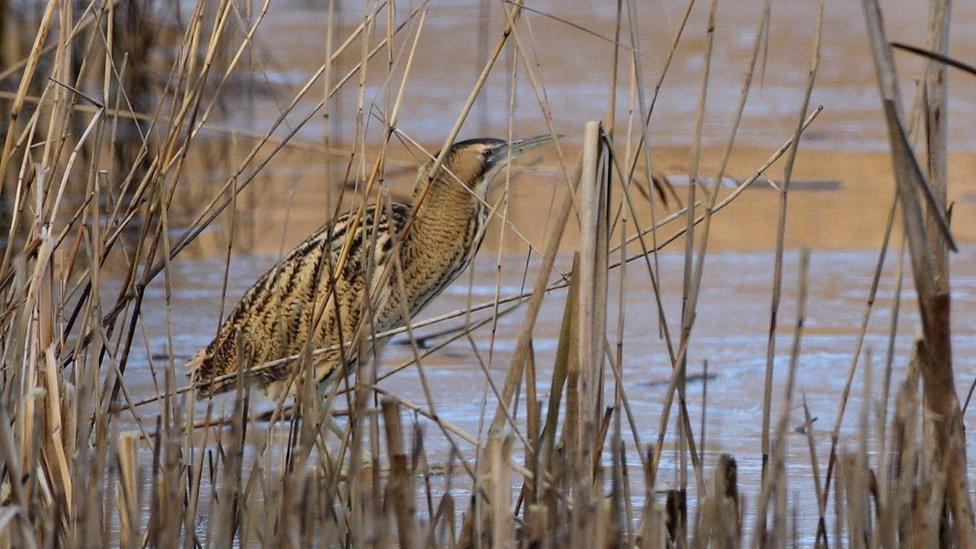
They are well-camouflaged wetland birds that hide in reed beds
A male and female were also "repeatedly spotted flying to and from a presumed nest site, a positive sign that they were feeding nearby chicks", the trust reported.
Henry Richards, from the trust, said: "We are absolutely thrilled to have bittern recorded booming and breeding here at Willington and hope that they will return to enjoy the reedbeds and resilient habitat that has been created for them."

Follow BBC East Midlands on Facebook, external, Twitter, external, or Instagram, external. Send your story ideas to eastmidsnews@bbc.co.uk, external.
Related topics
- Published6 April 2023
- Published25 March 2022
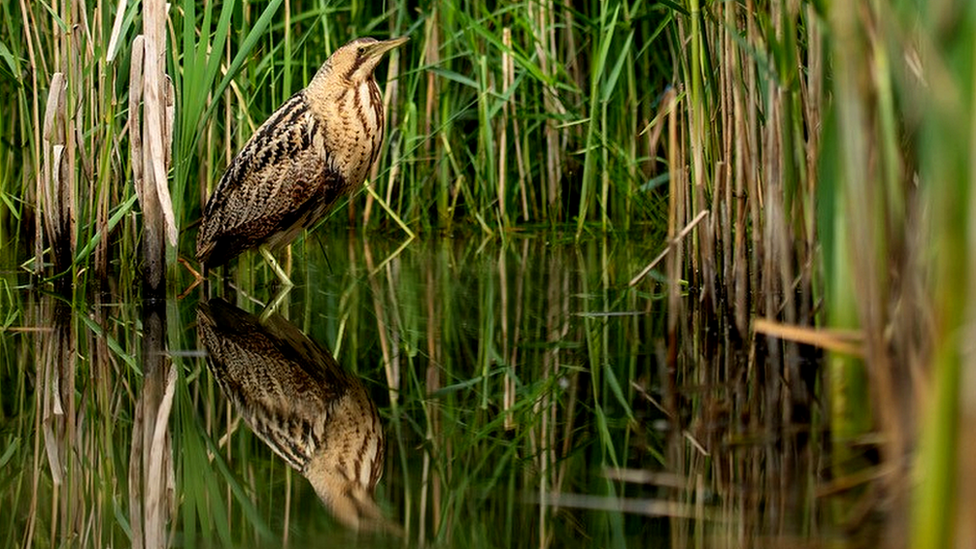
- Published14 August 2022

- Published14 July 2022
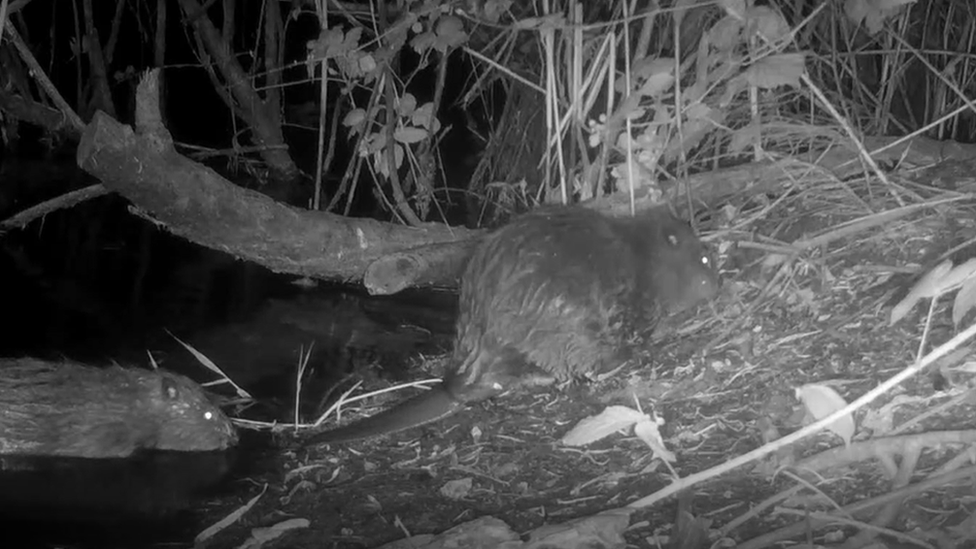
- Published7 July 2022
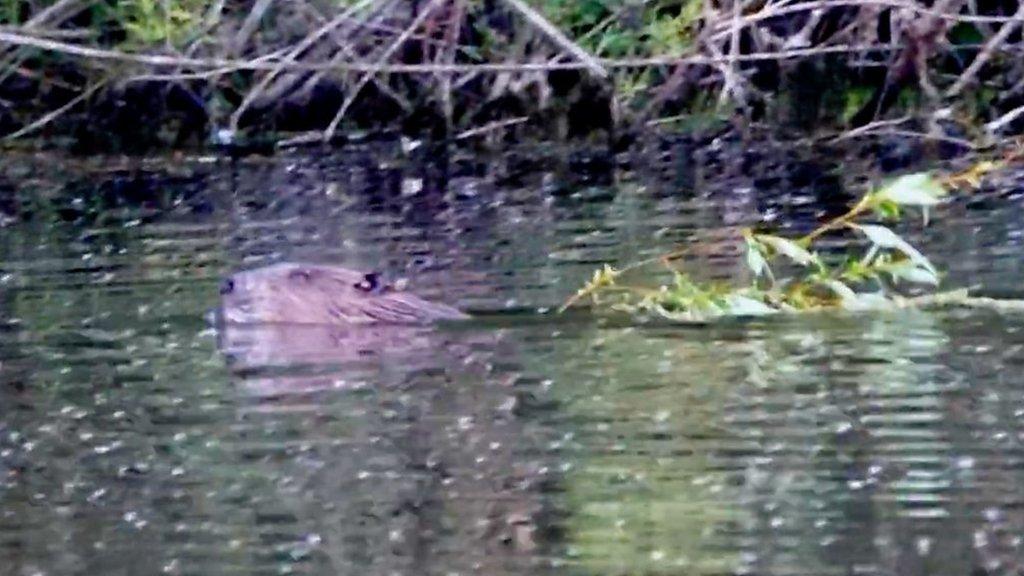
- Published28 September 2021
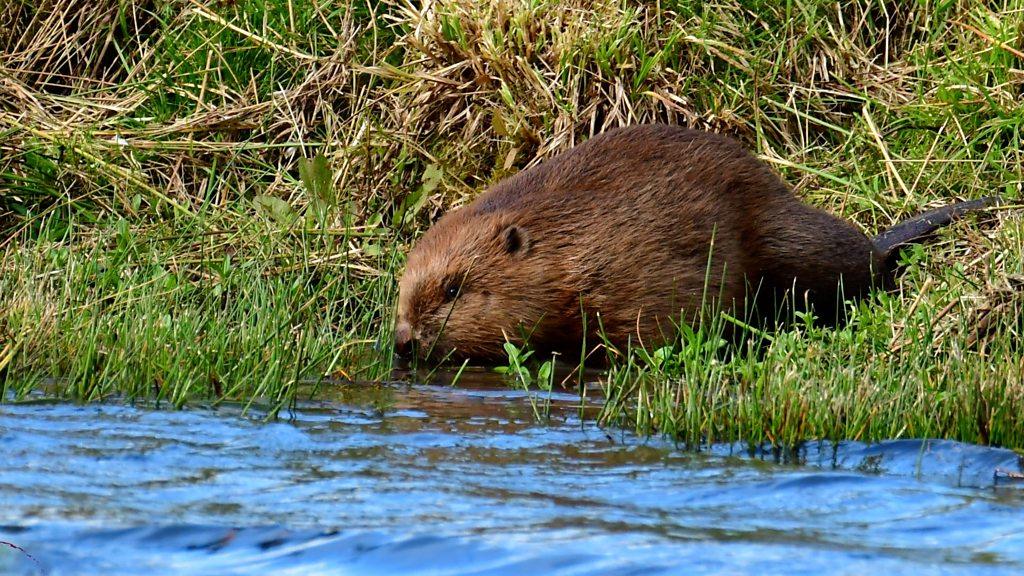
- Published19 September 2020
